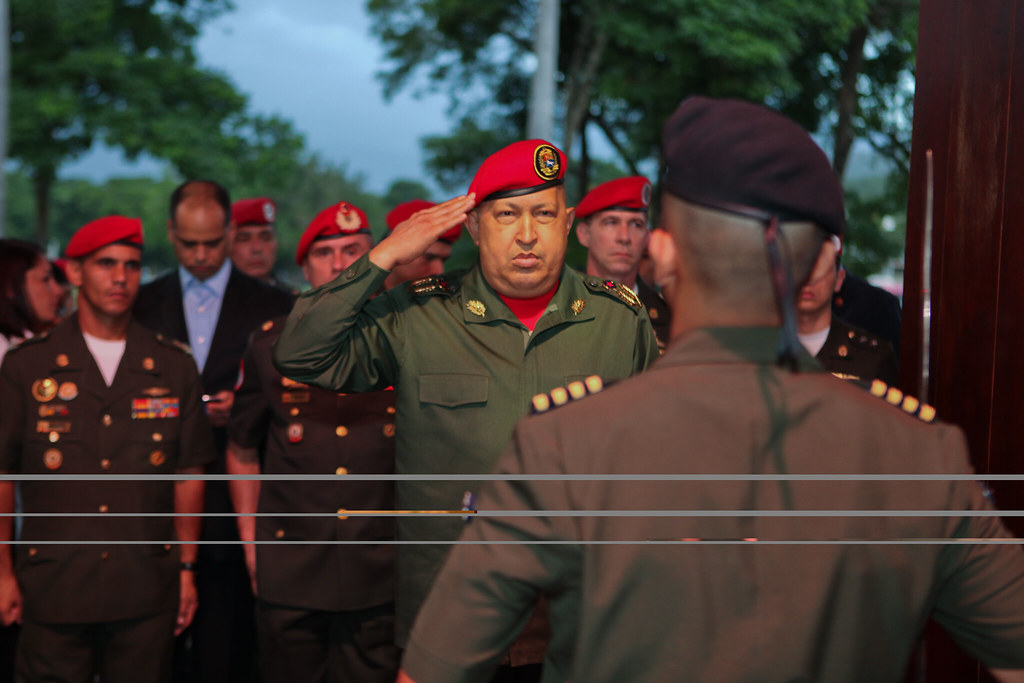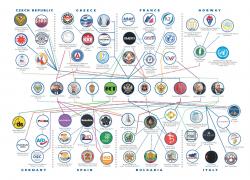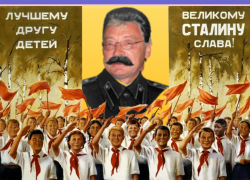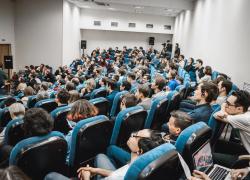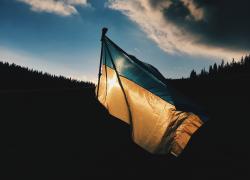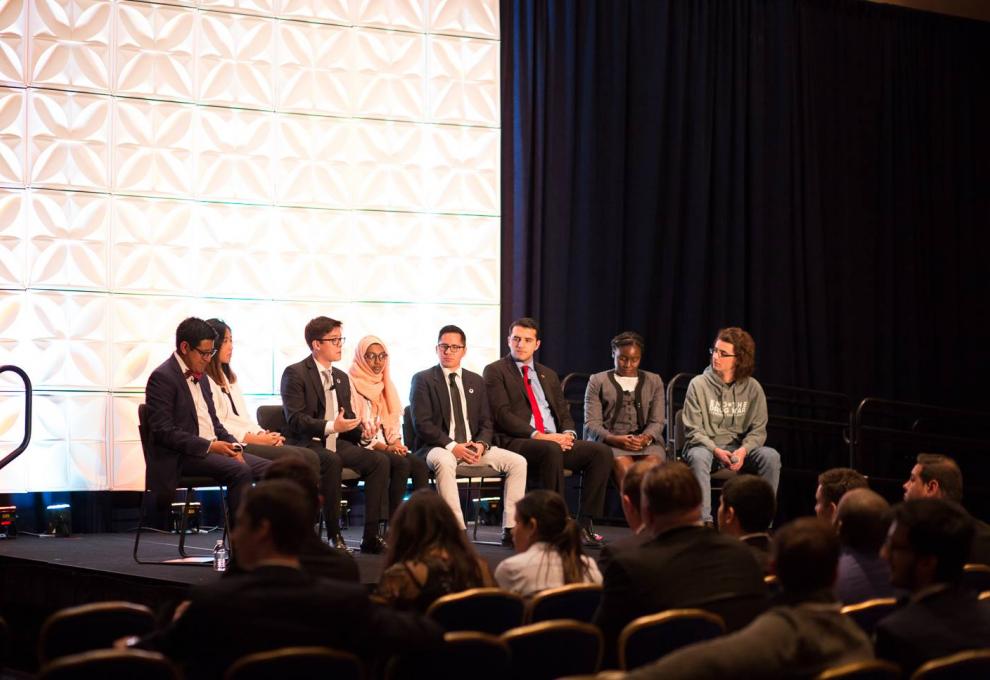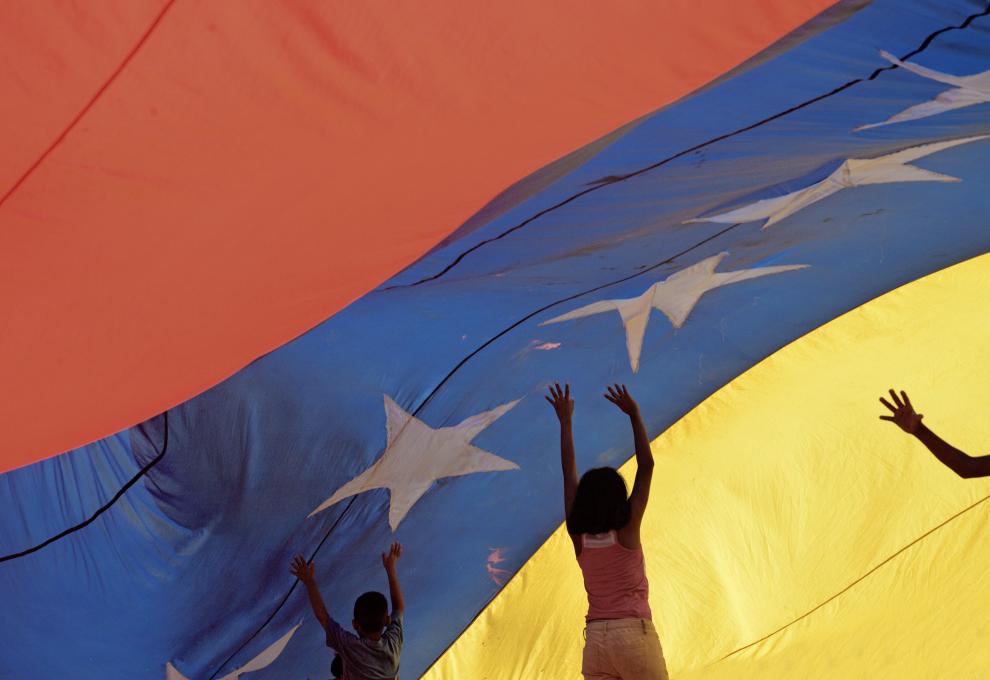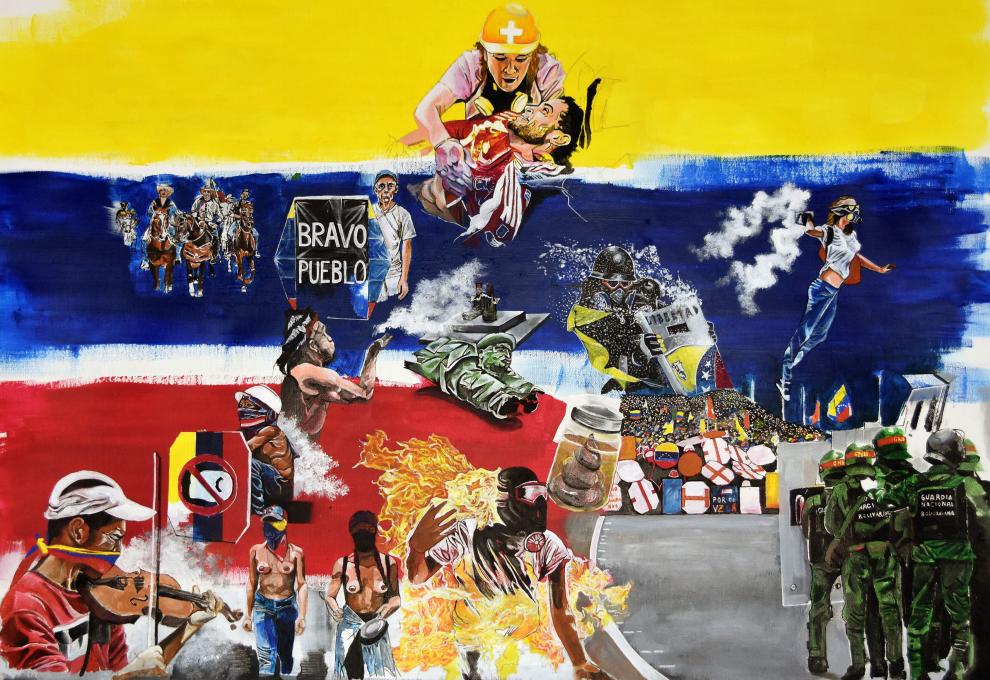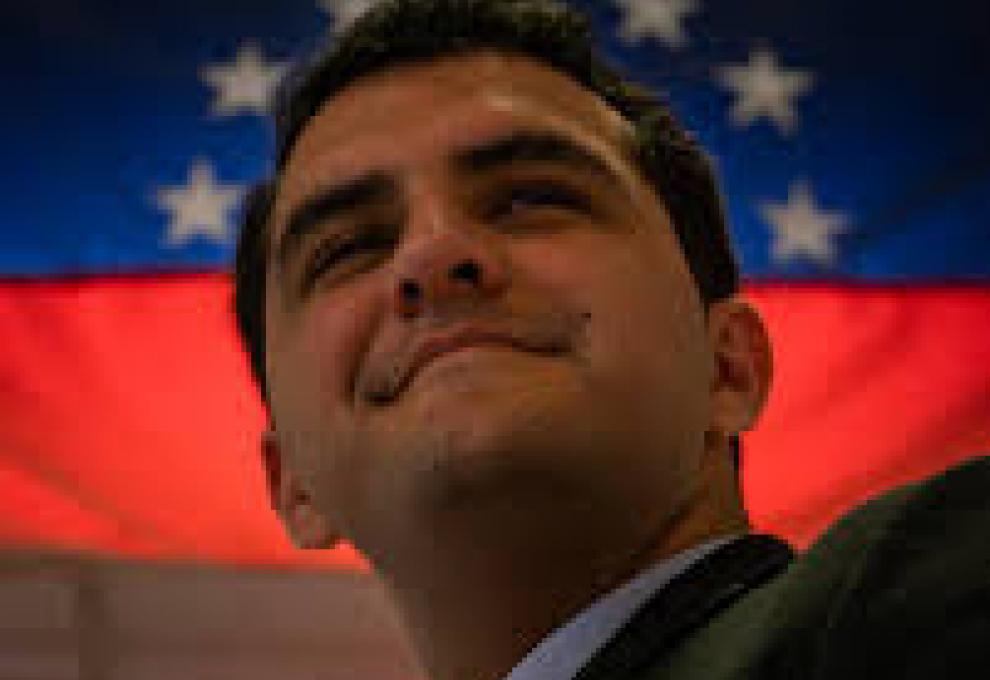A Conflict is Emerging in the Colombian-Venezuelan Border
Heavy Conflicts between the Venezuelan army and guerrilla groups have resulted in over 5000 Venezuelans crossing the border to Colombia out of fear.
Since March 21, there have been heavy clashes, in the bordering Venezuelan state of Apure, between the Venezuelan national army and dissidents from the Colombian guerrilla group FARC. The conflict has included the explosion of land mines placed by the Colombian group, armed combat between the two forces, and the complete militarization of the area. As a result, more than five thousand Venezuelans have left the state in the three weeks of conflict, crossing the border to Colombia through the Arauca river that separates the two countries; a situation that the Colombian government has described as an emerging “humanitarian crisis” in the already collapsed Venezuela.
Since free media in Venezuela is virtually non-existent, the little information we know about the situation has been gathered by independent journalists and testimonies from people of the area. Yet, the gravity of the situation is not only illustrated by the five thousand Venezuelans who have crossed the border but also by the constant and worrisome statements that the Venezuelan regime has circulated in the last week or so.
For instance, the Venezuelan regime is requesting the United Nation assistance to address the situation. On Tuesday, Maduro’s Foreign Minister, Jorge Arreaza, introduced a formal petition to the Secretary-General of the UN, António Guterres, requesting assistance and advice in the subject of detecting and deactivating land mines.
On the matter, Maduro’s Minister of Defense, Vladimir Padrino Lopez, declared on Monday that eight Venezuelan soldiers were killed in combat, several of them as a result of the explosion of land mines.
The Maduro regime has also reiterated its desire to establish channels of communication with the Colombian government of Ivan Duque, a petition that has not been fulfilled because Colombia alleges that Venezuela is creating this mess.
Colombia argues that the Maduro regime is protecting and sheltering a specific group of dissidents of the FARC and ELN guerrilla groups and that the crisis at the border results from that. In a nutshell, this theory argues that the clashes are not an attempt to control these groups, but to concede the area to a specific group. This makes sense from the perspective that the Apure area that is being in dispute is key for the transportation of drugs, weapons, etc.
Of course, the Maduro regime has not only denied Colombia’s allegation but also argued that the Colombian government is the one protecting these groups; the Maduro regime has also argued that Colombia is indeed a narco-state.
“Where did the irregular groups go, these terrorists who were in Apure? Did they go to Barinas? No, they went to Arauca, a Colombian department, and there they are protected or, do you have information in the media that some of these groups that the Venezuelan Armed Forces swept away from the Apure have been terminated or persecuted in Colombia? No, because they don't," Arreaza said on Tuesday.
Overall, it is astonishing that a story of this magnitude gets zero attention from the media; even more astonishing is the fact that no one in Venezuela seems to know or care about it. Earlier today, I asked several people about their thoughts on the situation, no one really knew what is happening at the border. Yet, when I called someone from the state of Apure, I heard the voice of a person scared about his future and the future of his community.
This shows how disconnected is the “deep Venezuela” from the world. In fact, let alone the world, how disconnected is from Caracas. This makes me wonder how many of these stories are or have occurred in the past, and no one has ever heard of them. For instance, a good friend of mine has done medical work in remote areas of the country, and his stories as fascinating yet extremely worrisome, stories of doctors trying to do surgeries without anesthesia, nurses curing patients without medicines, and overall, stories that show that Venezuela is even worse than what we read over the news.
This is the reason I am thankful to FTN for giving me this column. Because so long that there is a Venezuelan in need, unfree, and without opportunities, we need to keep raising our voices and demanding a solution to the horrible humanitarian crisis taking place in my country.
Jorge Jraissati is the president of the Venezuelan Alliance. Graduated at the Wilkes Honors College, Jorge is an economist, political leader, and a fellow at the Abigail Adams Institute. Jorge has been invited as a guest lecturer to over 20 universities, such as Harvard, NYU, and Cambridge.

